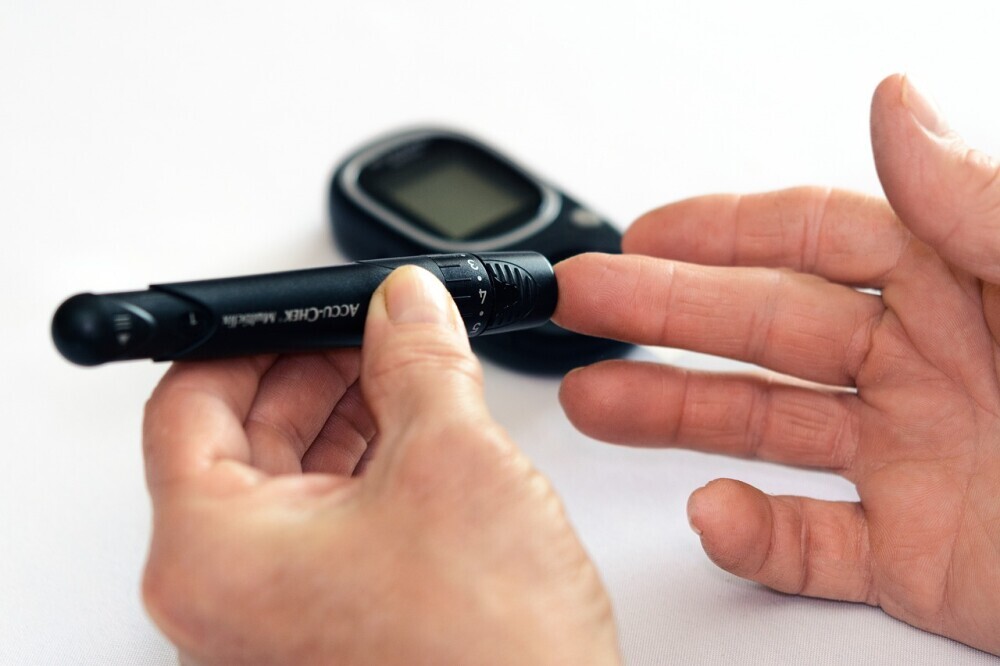
Getting your sleep schedule right might be a bigger deal for your health than you think. Sleep isn’t just about feeling rested; it’s also tied to how your body handles sugar. When you knock out for a good night’s rest, your body gets to work—balancing hormones and managing stress levels, all of which play a crucial role in how your body processes sugar.
Lack of sleep can mess with your insulin sensitivity. Think of insulin as a key that helps sugar enter your cells. When you’re sleep-deprived, that key starts to jam, leaving sugar floating around in your bloodstream. This increases the risk of developing type 2 diabetes over time. It’s a chain reaction starting from one too many late nights.
Having a consistent sleep pattern is like setting your body’s internal clock to the right time. When that’s in sync, everything works smoother, including how your blood sugar is regulated. Going to bed and waking up at the same time every day helps your body establish a rhythm, which is super important for keeping your blood sugar levels steady.
Studies and Findings on Sleep Patterns and Blood Sugar Levels

There’s a bunch of research out there delving into how sleep affects blood sugar, so let’s take a closer look at some intriguing discoveries. Some studies highlight that even a few nights of poor sleep can spike your blood sugar levels. Why? Because insufficient sleep sends your stress hormones into overdrive, affecting insulin function.
Quality over quantity—yep, that’s what some researchers suggest when it comes to sleep and blood sugars. It’s often not just about getting enough hours of sleep but how restful and deep that sleep is. Sleep cycles play a big role here. For instance, hitting that deep, slow-wave sleep phase is like a reset button, allowing your body to repair itself and regulate your sugar levels more effectively.
Case studies show promising outcomes for folks who focus on improving sleep. For instance, when individuals in a trial started going to bed earlier and paid more attention to their sleep hygiene, their blood sugar control improved significantly. These real-world examples highlight the solid connection between good sleep habits and maintaining steady blood sugar levels.
Practical Tips for Better Sleep to Manage Blood Sugar

So, you’re thinking about upping your sleep game to keep your blood sugar in check? Start by looking at what you eat and how you live. Try to avoid heavy meals and caffeine close to bedtime, because that can keep you wired when you should be catching some Zs.
Creating a sleep-friendly environment is a game-changer. Make your bedroom a comfy, tech-free zone. Dim the lights, and maybe even try a white noise machine to drown out any distractions. These tweaks can make falling asleep and staying asleep a lot easier.
Getting into a wind-down routine can be just as important as setting a sleep schedule. Consider relaxation techniques like meditation or gentle yoga before bed. These methods help calm your mind and body, setting the stage for a more restorative sleep.
Consistency is key. Stick to a regular sleep and wake schedule, even on weekends. This helps reset your body clock, making it easier to fall asleep naturally and boosting your overall sleep quality.
Remember, small changes can lead to big improvements in both sleep health and your blood sugar levels. These steps not only make your nights better but can also lead to more balanced days.
